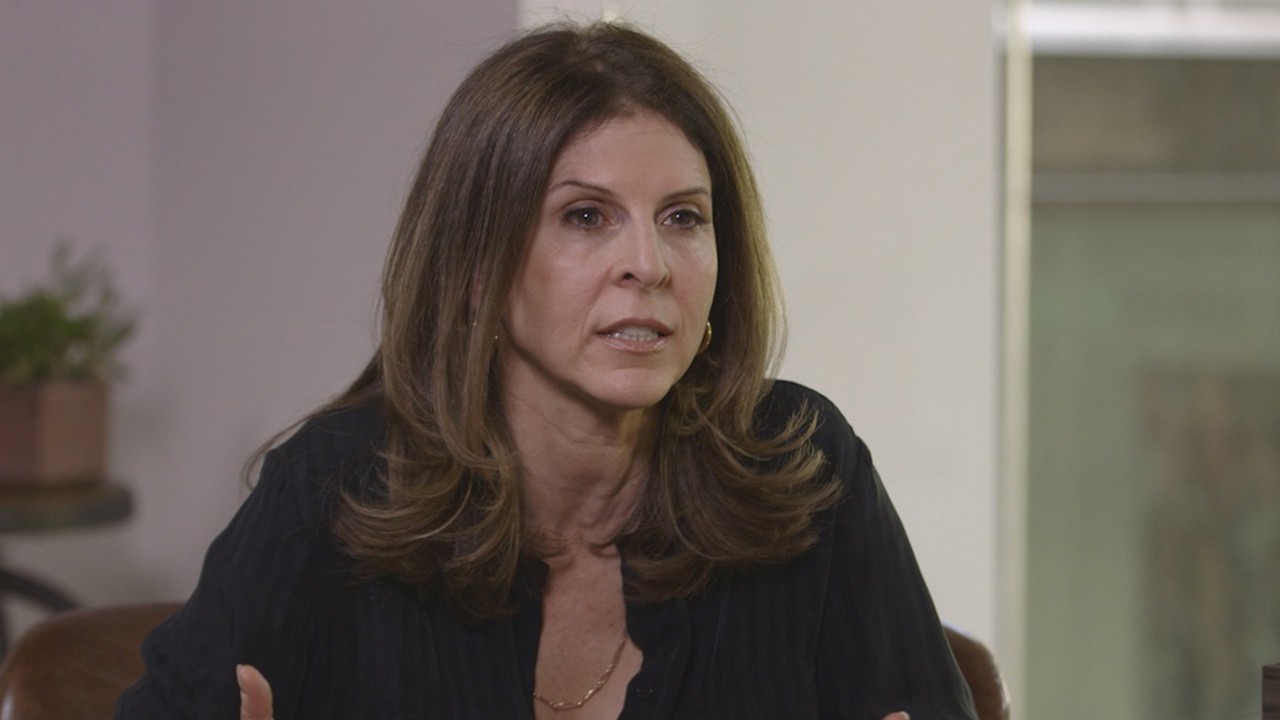Screengrab via Twitter
A British police force has apologized for a rape prevention campaign that was widely criticized by anti-violence groups as victim blaming. Merseyside Police force, responsible for policing Liverpool and the surrounding area—a city with a population of half a million people—published a tweet as part of an anti-rape “No Means No” campaign, run in collaboration with Liverpool City Council.“She told her mates she’d had enough, the bar staff knew he shouldn’t have served her that last shot, her mates should have gone outside with her, shouldn’t have left her on her own in that state, know when to step in,” the tweet read. (The tweet has subsequently been deleted following an online backlash, but the Independent posted a screen grab.)Feminist groups and anti-violence campaigners were critical of the campaign for placing the burden of avoiding rape on victims and bystanders, rather than sexual abusers alone. “This is victim-blaming,” wrote Liverpool University Feminist Society on Twitter. “The only thing that causes rape are [sic] rapists. Drinking is not an invitation for non-consensual sex.” “Drinking is not a crime, rape is,” agreed anti-violence campaigners Reclaim the Night.As the furor escalated, Merseyside Police issued a statement via Twitter apologizing for the campaign. “It was not our intention to blame anyone who has been subject to sexual assault, rape, or any other crime. The only person ever responsible for making the reprehensible decision to rape is the perpetrator. We apologize for not making that clear in our posts on social media.” Merseyside Police went on to explain that the campaign used scenarios based on incidents that had been reported by victims and victims’ charities that had been reported to them. “We are sorry for any distress caused,” the statement concluded.
Watch: Amy Ziering On Campus Rape and Why No One Believes Women This is not the first time a police force in the UK has come under fire for insensitive campaigns around sexual assault. In 2016, Britain's Avon and Somerset Police handed out now-notorious leaflets at a school workshop that read “R U Asking 4 It?” Horrified students condemned the messaging on social media, and Avon and Somerset Police apologized and promised to pulp the offending leaflets. And in 2015, another British police force, Sussex Police, came under fire for a poster campaign which told women that sexual assaults "could be prevented" if they stuck together and didn't leave friends alone on nights out."These messages make women feel that what happens is partly their fault," explained Sarah Green of the End Violence Against Women coalition in comments to the BBC. "There is no evidence to suggest that these campaigns work at all."
This is not the first time a police force in the UK has come under fire for insensitive campaigns around sexual assault. In 2016, Britain's Avon and Somerset Police handed out now-notorious leaflets at a school workshop that read “R U Asking 4 It?” Horrified students condemned the messaging on social media, and Avon and Somerset Police apologized and promised to pulp the offending leaflets. And in 2015, another British police force, Sussex Police, came under fire for a poster campaign which told women that sexual assaults "could be prevented" if they stuck together and didn't leave friends alone on nights out."These messages make women feel that what happens is partly their fault," explained Sarah Green of the End Violence Against Women coalition in comments to the BBC. "There is no evidence to suggest that these campaigns work at all."
Advertisement
Watch: Amy Ziering On Campus Rape and Why No One Believes Women

